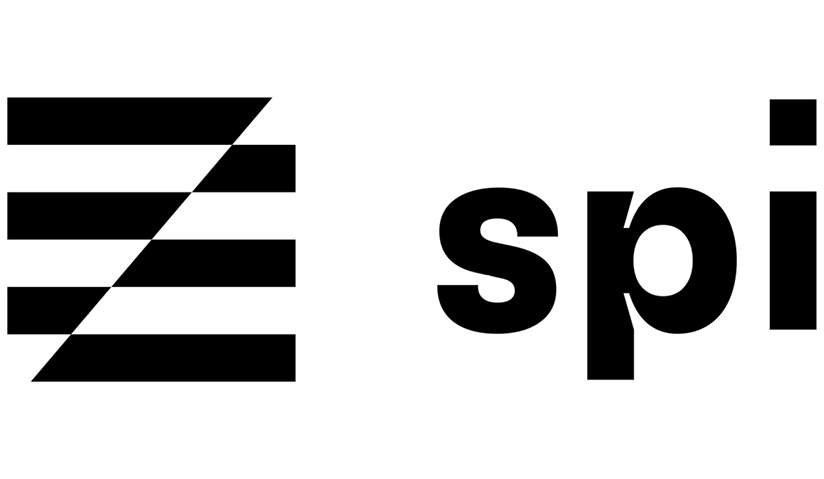ACEC, rehabilitation of a brownfield site in Herstal
The ACEC conversion project in Herstal promotes urban sustainability with a "GREEN LIFE" Masterplan. It integrates mixed functions, urban agriculture, soft mobility and circularity via eco-designed renovation, reuse of materials, and public/private partnerships. Inclusive initiatives are encouraged, such as a matériauthèque and a Territoire Zéro chômeur project.
Launch date
2019
Leader

Stakeholder Leader
Spi
4000 Liège
Contact person
Maryse Degraen
About
The redevelopment of the ACEC site in Herstal transforms a 27-hectare former industrial wasteland into a model for sustainable development. Led by public partners, the site is designed with sustainability at its core through a Masterplan and "GREEN LIFE" guidelines.
What sets the project apart is its concrete implementation of circular economy principles throughout the redevelopment process. Key initiatives include:
Supplying the site with district heating from the waste energy of the Intradel incinerator, significantly reducing the site's carbon footprint.
Repurposing a large industrial hall for urban economic activities, with modular eco-designed spaces and an integrated circular approach.
Using sustainable design tools (GRO, BIM, TOTEM) to ensure the longevity of infrastructures, easy maintenance, lifecycle analysis (LCA), and a demolition plan.
Implementing on-site reuse and recycling practices for infrastructure and building works.
Managing excavated and polluted land on-site to optimize its reuse.
The ACEC site is becoming a true circular ecosystem, fostering collaboration between public and private partners to create an innovative environment. Initiatives like a material library, a shared garden, urban farming space, and a "Zero Unemployed Territory" project add to the site's community-focused approach.
An outdoor area of 1.5 hectares is now available for new tenants, starting from 500 m². Interested companies will need to adhere to urban planning and environmental guidelines and integrate smoothly into the urban environment without causing disturbances.
Future tenants will also benefit from the district heating already implemented on the site. These spaces are offered under a long-term lease (emphytéose), ideally suited for small businesses, artisans, and startups committed to circular and sustainable practices.
For more information: 04 230 11 22 | commercial@spi.be.
This project is financed by the European Regional Development Fund (ERDF) and Wallonia.
Contacts
Maryse Degraen


